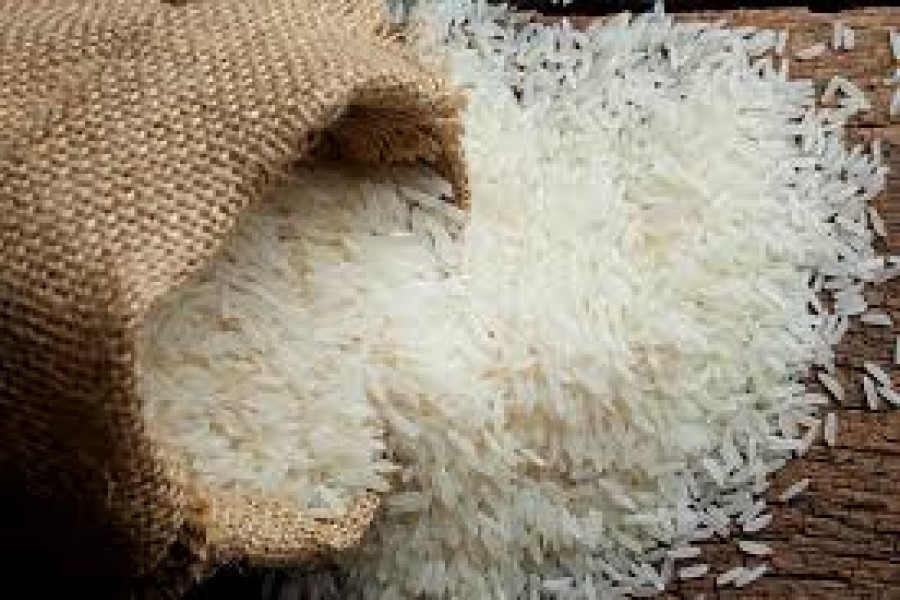
Published :
Updated :

The government's decision for a cut on import duty of rice appears to be a hastily taken one. The reason for the decision, according to the food ministry, is the shortfall in the ongoing procurement of Boro rice this year. Curiously, this shortfall has nothing to do with the availability of the major staple which, as reports say, has experienced a bumper harvest. So, what is it that impedes the procurement drive? It is the price set by the government at Tk 35-36 a kg which according to experts is well below the market price. As a result, neither farmers nor millers are interested to sell their produce to the government at prices they consider unreasonable. Reports say currently coarse rice sells at Tk 42-45 per kg, while medium and finer varieties sell at Tk 48-54 and Tk 55-65 respectively. The current price of coarse rice is 16-18 per cent higher than that of the last year.
The procurement drive that began on April 26 and would continue until August 31 has, so far, been able to accomplish very little, collecting some 0.34 million tonnes of rice till July 05 as against the procurement target of 19.5 million tonnes. Presently, the government has 0.9 million tonnes of rice in stock which was 1.37 million tonnes in the corresponding period of the previous year. Clearly, there was a serious mismatch in fixing the procurement price, and one wonders how the authorities did so disregarding the market price. The anticipated bumper harvest might have influenced the price-setting, but once it became apparent that market prices were higher, and that farmers and millers would not bother to help the government build its stock receiving less than the market prices, the authorities should have revised the prices.
It may be noted that the agriculture ministry had said last month that the fairly good harvest of Boro paddy was capable of getting rid of worries about food security for the coming six months. Over and above, the next major paddy crop Aman which is set to be harvested in less than six months and that of Aus coming up in three to four months make it a no-worry situation so far as food security is concerned for the next one and a half years. Obviously, such optimism was backed up by the government's readiness to build an adequate stock and that could be possible on offering a reasonable price.
Now that the duty on rice import is set to be reduced, concerned quarters are unanimous that it would seriously harm the next crop Aman besides affecting the state coffer through spending in foreign exchange on import. If imports start arriving from August, observers fear, prices of this second important crop Aman could drop drastically during the harvesting season from November to January. As a result, farmers in the vast swathes of the Aman-growing regions in the eastern part of the country would be hard hit. The policymakers would do well to take this factor into consideration before further firming up the decision of duty reduction.


 For all latest news, follow The Financial Express Google News channel.
For all latest news, follow The Financial Express Google News channel.